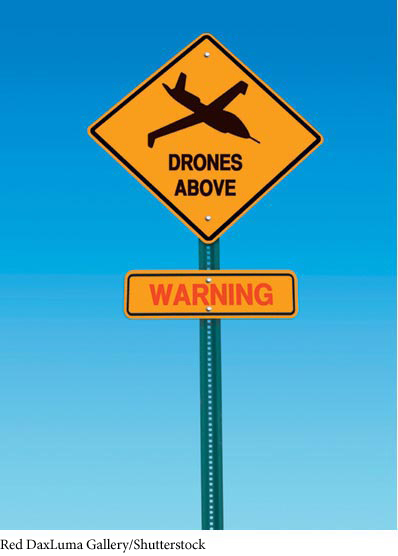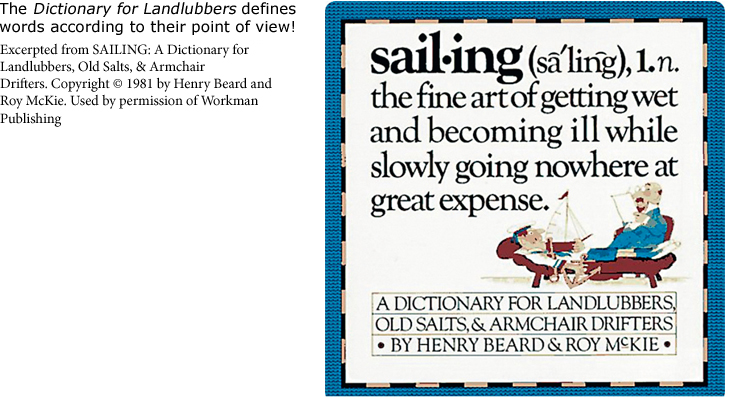Understanding Arguments of Definition
Understanding Arguments of Definition
186
Definitions matter. Just ask a scientist, a mathematician, an engineer, a judge — or just an everyday person who wants to marry someone of the same sex. In 1996, the Congress passed, and President Clinton signed, the Defense of Marriage Act (DOMA), which defined marriage in federal law this way:
In determining the meaning of any Act of Congress, or of any ruling, regulation, or interpretation of the various administrative bureaus and agencies of the United States, the word “marriage” means only a legal union between one man and one woman as husband and wife, and the word “spouse” refers only to a person of the opposite sex who is a husband or a wife. 1 U.S.C. 7.
This decision and its definitions of marriage and spouse have been challenged over and over again in the ensuing decades, leading eventually to another Supreme Court decision, in the summer of 2013, that declared DOMA unconstitutional. The majority opinion, written by Justice Kennedy, found that the earlier law was discriminatory and that it labeled same-sex unions as “less worthy than the marriage of others.” In so ruling, the court affirmed that the federal government cannot differentiate between a “marriage” of heterosexuals and one of homosexuals. Laws regarding marriage — and thus attempting to define or redefine the term — are still ongoing, and you might want to check the status of such controversies in your own state.
In any case, such decisions demonstrate that arguments of definition aren’t abstract academic exercises: they are contentious and very often have important consequences for ordinary people. That’s because they wield the power to say what someone or something is or can be. Such arguments can both include or exclude: A wolf in Montana either is an endangered species or it isn’t. An unsolicited kiss is or is not sexual harassment. A person merits official political refugee status in the United States or doesn’t. Another way of approaching definitional arguments, however, is to think of what falls between is and is not in a definitional claim. In fact, many definitional disputes occur in that murky realm.
187
Consider the controversy over how to define human intelligence. Some argue that human intelligence is a capacity that is measured by tests of verbal and mathematical reasoning. In other words, it’s defined by IQ and SAT scores. Others define intelligence as the ability to perform specific practical tasks. Still others interpret intelligence in emotional terms as a competence in relating to other people. Any of these positions could be defended reasonably, but perhaps the wisest approach would be to construct a definition of intelligence that is rich enough to incorporate all these perspectives — and maybe more.
The fact is that crucial political, social, and scientific terms — such as intelligence, social justice, war, or marriage — are reargued, reshaped, and updated for the times.
The use of drones in air strikes — and the loss of civilian lives involved — has led to a heated national controversy. Commenting in The Daily Kos, MinistryOfTruth wrote:
We all cringe when we hear of the innocent lives lost at war and civilians caught in the crossfire. These civilian deaths are always sad and tragic reminders of the cost of war. The Military/Industrial Complex doesn’t like that. Reports of civilian deaths make the wars unpopular, and that’s not the right way to continue to justify an ever growing military budget full of expensive drone missiles and the longest war in American history, is it? Nope. So what do they do? Re-define the dead civilians.
— MinistryOfTruth, in The Daily Kos

Blogger MinistryOfTruth goes on to quote from a lengthy article in the New York Times concluding that the administration “embraced a disputed method for counting civilian casualties that . . . in effect counts all military-age males in a strike zone as combatants, . . . unless there is explicit intelligence posthumously proving them innocent.” As this example illustrates, during war times it is especially important to watch how definitions get shifted and changed to shape or change reality.
188
The argument over how to define militants and combatants will not be settled simply by consulting a dictionary, no matter how up to date it is. In fact, dictionaries inevitably reflect the way that particular groups of people use words at a specified time and place. And like any form of writing, these reference books mirror the prejudices of their makers — as shown, perhaps most famously, in the entries of lexicographer Samuel Johnson (1709–1784), who gave the English language its first great dictionary. Johnson, no friend of the Scots, defined oats as “a grain which in England is generally given to horses, but in Scotland supports the people.” (To be fair, he also defined lexicographer as “a writer of dictionaries, a harmless drudge.”) Thus, it’s possible to disagree with dictionary definitions or to regard them merely as starting points for arguments.

RESPOND •
Briefly discuss how you might define the italicized terms in the following controversial claims of definition. Compare your definitions of the terms with those of your classmates.
Graphic novels are serious literature.
Burning a nation’s flag is a hate crime.
Matt Drudge and Arianna Huffington aren’t journalists.
College sports programs have become big businesses.
Plagiarism can be an act of civil disobedience.
Satanism is a religion properly protected by the First Amendment.
Campaign contributions are acts of free speech that should never be regulated.
The District of Columbia should not have all the privileges of an American state.
Polygamous couples should have the legal privileges of marriage.
Click to navigate to this activity.
189